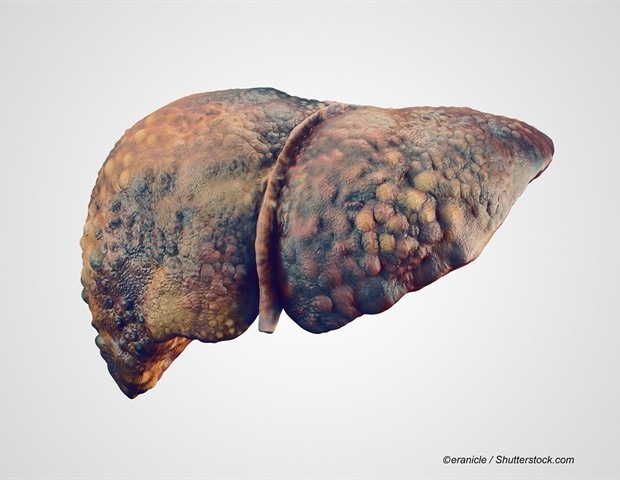Autoimmune hepatitis (AIH) is a chronic, progressive liver disease caused by immune system dysregulation that targets the liver. If untreated, AIH can lead to severe complications, including cirrhosis and liver failure. First-line treatments such as immunosuppressive therapies have proven effective for most patients, but a subset remains unresponsive or intolerant to these therapies, necessitating second- and third-line options.
Recent advancements in the understanding of AIH pathogenesis have paved the way for novel therapeutic strategies, offering hope to patients with difficult-to-treat forms of the disease. Introduction AIH manifests with elevated transaminases, hypergammaglobulinemia, and positive serum autoantibodies , alongside histological evidence of liver inflammation. The global prevalence is approximately 17.
44 per 100,000 individuals, with a higher incidence in middle-aged women. AIH's etiology remains elusive, although it likely involves genetic and environmental factors. Early diagnosis and treatment are critical in preventing disease progression to more severe stages.
Indications for treatment AIH management guidelines across regions recommend initiating immunosuppressive treatment for patients with active disease, as defined by elevated aminotransferases, immunoglobulin G (IgG), and interface hepatitis. Close monitoring of patients with milder forms is also essential to detect worsening clinical symptoms. Treatment typically lasts at least two years post-remi.


















